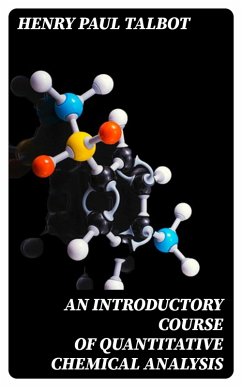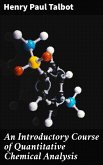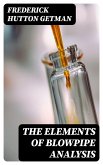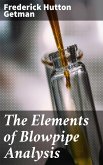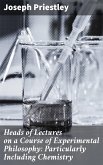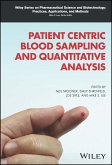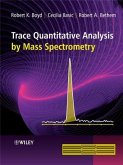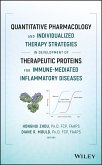Henry Paul Talbot's "An Introductory Course of Quantitative Chemical Analysis" serves as a foundational text for students and practitioners in the field of chemistry. With meticulous attention to detail, Talbot navigates the multifaceted world of quantitative analysis, providing clear explanations and practical examples. The book's structured approach, rich with illustrations and problem sets, reflects its purpose: to make complex concepts accessible while emphasizing rigorous scientific inquiry. Written during a period when chemistry was rapidly evolving, Talbot's work captures the essence of early 20th-century scientific pedagogy, merging traditional methods with emerging techniques in analytical chemistry. Talbot, an esteemed chemist and educator, dedicated his career to advancing chemical education and fostering a deeper understanding of analytical methods. His extensive experience in the laboratory and academia informed his writing, enabling him to synthesize theoretical principles with hands-on application. His commitment to education is evident in his deliberate choice of language and pedagogical techniques, which aim to equip beginners with the essential skills for success in quantitative analysis. Recommended for students, educators, and practicing chemists, this book stands as an invaluable resource for anyone eager to master quantitative analysis. Talbot's clear exposition and rigorous approach not only lay the groundwork for practical application but also inspire a lifelong appreciation for the art and science of chemistry.
Dieser Download kann aus rechtlichen Gründen nur mit Rechnungsadresse in A, B, BG, CY, CZ, D, DK, EW, E, FIN, F, GR, H, IRL, I, LT, L, LR, M, NL, PL, P, R, S, SLO, SK ausgeliefert werden.

